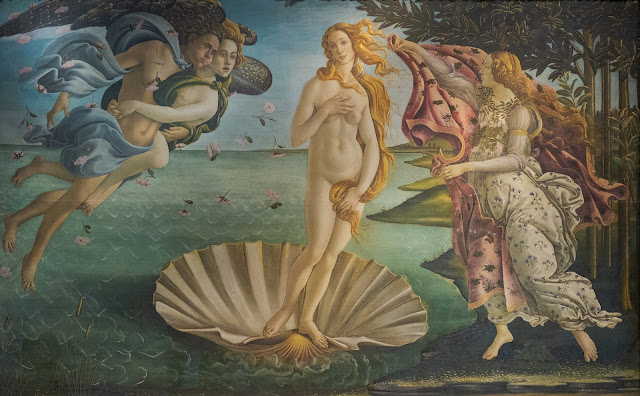Being inspired by nature is a profound and timeless source of creativity and wisdom. Nature's intricate designs, awe-inspiring landscapes, and the delicate balance of ecosystems have sparked the imagination of artists, scientists, philosophers, and innovators throughout history.
From the graceful Fibonacci sequence found in seashells and sunflowers to the elegant engineering of bird's wings, nature's patterns and structures offer valuable lessons. They teach us about efficiency, sustainability, and adaptability. By observing nature, we can learn how to design more energy-efficient buildings, create sustainable agriculture practices, and develop innovative technologies inspired by the natural world.
Moreover, nature's beauty and serenity have a soothing effect on the human spirit. Time spent in natural settings can reduce stress, improve mental health, and promote well-being. This connection to nature fosters a sense of responsibility to protect and conserve our environment, recognizing that our well-being is intricately linked to the planet's health.
Nature has been a constant muse in art, inspiring countless masterpieces in painting, sculpture, literature, and music. The play of light on leaves, the colors of a sunset, and the intricacies of a spider's web have all been translated into works of art that capture the essence of nature's beauty and complexity.
In essence, being inspired by nature is not just about admiration; it's about learning, innovating, and coexisting harmoniously with the natural world. It encourages us to seek sustainable solutions, celebrate the wonders of our planet, and recognize that we are part of a vast and interconnected web of life. Nature's lessons are timeless, and our ability to draw inspiration from it can lead to a more harmonious and sustainable future.















